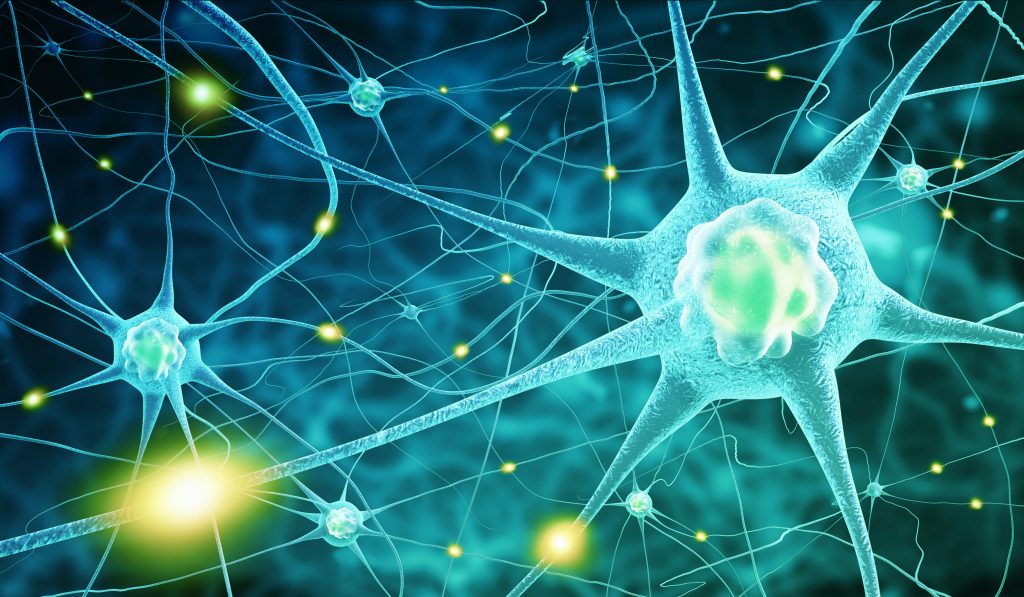21 years ago, in an article in The Atlantic, journalist Harvey Blume wrote, “Neurodiversity may be every bit as crucial for the human race as biodiversity is for life in general. Who can say what form of wiring will prove best at any given moment? Cybernetics and computer culture, for example, may favor a somewhat autistic cast of mind.” The idea that autism could be an asset depending on the time period and society you happen to be born into, may have seemed radical back in the late 1990s. To be honest, many people may still find it a radical notion today.
Inclusion has not been a strong point for humans since our inception. We seem to be hard wired to pick up on differences quickly, and to fear them. Prior to the 1970s, individuals who presented in ways we currently define as “having a disability” were denied access to public school systems. They went to separate schools and were rarely seen out in public. Their variations in moving, communicating, thinking, and interacting, were seen as falling outside of the norm and therefore society decided that including them was not an option.
The irony of exclusion, and a more recent tendency to believe that certain diagnoses are either “on the rise” or “overdiagnosed,” is that the human species has always been diverse. There is no autism or ADHD epidemic, but rather an evolution within our society where individuals are being more correctly identified as having particular types of neurological wirings. Words like “epidemic” and “on the rise” when incorporated into a discussion about more individuals being diagnosed with __________ (fill in the blank with whatever diagnosis you’ve recently heard discussed) are transparently fear-based. “Epidemic” is traditionally not a word often correlated with positive outcomes. Why is the fear such an immediate gut reaction when we learn of a confirmed disability? What is it that we are afraid of? Is it that there is no such thing as normal and that variation exists? Or perhaps it is that every family has tendencies that run within our genetics?
Albert Einstein’s nickname within his family was “der Depperte” (the dopey one). He reportedly didn’t begin speaking until he was somewhere between the age of 3-4 years. He was unable to secure an academic job after he graduated. And yet, he is a hero in our culture. People walk around wearing T-shirts adorned with his face. Based off of his delayed development, he could have been identified as disabled and separated from society early on in his lifetime. Had that happened, physics, as we understand it today, would not exist. There would be no posters hanging in classrooms or college dorms of a man sticking out his tongue with unkempt white hair. We needed and benefitted from his contributions, even if he was perceived to be “the dopey one.”
Steve Jobs was described as a child who “liked to stick to himself” and was known to often interact with his peers in the form of pranks. He was bullied in school and at one point informed his parents that if they didn’t allow him to transfer elsewhere he “would never attend school again.” Was this a child with ODD (Oppositional Defiant Disorder), seemingly incapable of following social and academic expectations? Or the “brilliant” inventor of the device you are (likely) using to read this blog post? Without inclusion and acceptance of variation, there would most likely be no iPhone.
The lens we use to view someone’s strengths and weaknesses through, is the same lens that can make or break someone’s ability to be seen as worthy of inclusion. If we are truly evolving as a species, we can only hope that neurodiversity will become the normative view to replace perspectives such as xenophobia, affinity bias, and the long list of “isms” that have been at the core of our society throughout history.
Maybe we are ready to acknowledge that disability is part and parcel of being human and that variation, whether physical, neurological, or otherwise, provides the diversity we need to continue to evolve? We are at an exciting precipice in the evolution of our society. Inclusion and respect for neurodiversity are fundamental pieces in that evolution.
Aprilynn Artz, MS, LPC, Inclusion Consultant, Connection Counseling & Consultation Inc.
Want to learn more? For more education and perspectives on Neurodiversity and Inclusion feel free to check out the following resources:
Neurodiversity: A Concept Whose Time Has Come




